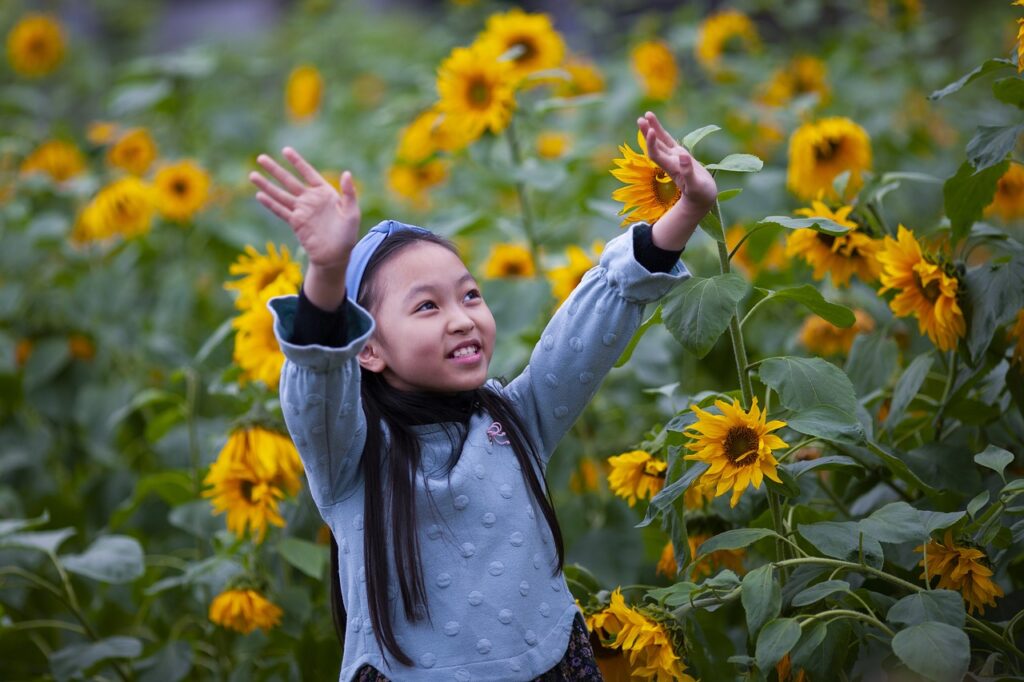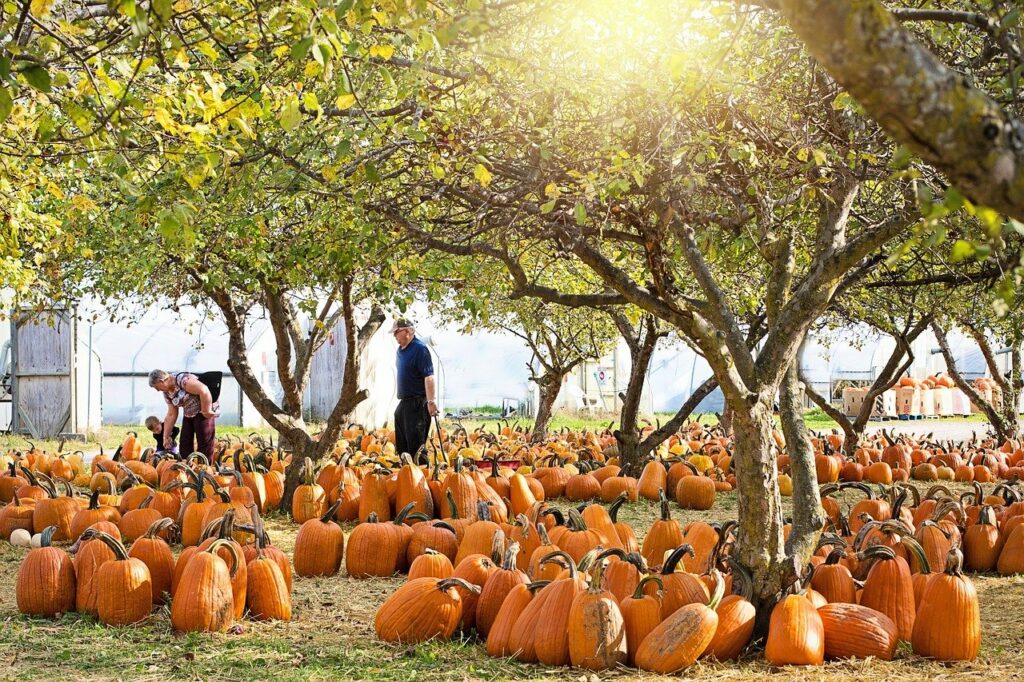October is Farm to School Month!
go.ncsu.edu/readext?1026481
en Español / em Português
El inglés es el idioma de control de esta página. En la medida en que haya algún conflicto entre la traducción al inglés y la traducción, el inglés prevalece.
Al hacer clic en el enlace de traducción se activa un servicio de traducción gratuito para convertir la página al español. Al igual que con cualquier traducción por Internet, la conversión no es sensible al contexto y puede que no traduzca el texto en su significado original. NC State Extension no garantiza la exactitud del texto traducido. Por favor, tenga en cuenta que algunas aplicaciones y/o servicios pueden no funcionar como se espera cuando se traducen.
Português
Inglês é o idioma de controle desta página. Na medida que haja algum conflito entre o texto original em Inglês e a tradução, o Inglês prevalece.
Ao clicar no link de tradução, um serviço gratuito de tradução será ativado para converter a página para o Português. Como em qualquer tradução pela internet, a conversão não é sensivel ao contexto e pode não ocorrer a tradução para o significado orginal. O serviço de Extensão da Carolina do Norte (NC State Extension) não garante a exatidão do texto traduzido. Por favor, observe que algumas funções ou serviços podem não funcionar como esperado após a tradução.
English
English is the controlling language of this page. To the extent there is any conflict between the English text and the translation, English controls.
Clicking on the translation link activates a free translation service to convert the page to Spanish. As with any Internet translation, the conversion is not context-sensitive and may not translate the text to its original meaning. NC State Extension does not guarantee the accuracy of the translated text. Please note that some applications and/or services may not function as expected when translated.
Collapse ▲Farm Field Trips: Growing the Connection to Therapeutic Horticulture
Farm field trips offer school children a unique opportunity to connect with nature, learn about food production, and experience the joy of hands-on activities. Beyond the educational benefits, these trips can also provide a therapeutic experience, fostering a sense of calm, relaxation, and well-being. This connection between farm field trips and therapeutic horticulture can be explored in various ways.
Therapeutic Horticulture: A Brief Overview
Therapeutic horticulture is the practice of using plants, gardening, and horticultural activities to improve physical, emotional, and mental health. It can be beneficial for people of all ages, including children. By engaging in plant-related activities, children can develop important life skills, such as patience, responsibility, and problem-solving. Additionally, spending time in nature has been shown to reduce stress, anxiety, and depression.
Connecting Farm Field Trips to Therapeutic Horticulture
- Sensory Experiences: Farm field trips offer a wealth of sensory experiences that can be therapeutic for children. The sights, sounds, smells, and textures of a farm can stimulate the senses and promote relaxation. Guide children to observe the vibrant colors of flowers, listen to the chirping of birds, smell the fresh air, and feel the texture of plants and soil.
- Mindfulness and Meditation: Plant-related activities can be a great way to practice mindfulness and meditation. Encourage children to focus on the present moment as they observe the plants and animals during their farm outing. This can help them develop a sense of calm and reduce stress.
- Creative Expression: Farm field trips can also provide opportunities for creative expression. Encourage children to create art projects using natural materials found on the farm, such as flowers, leaves, and twigs. This can be a fun and therapeutic way for children to express themselves and connect with nature.
Three Therapeutic Horticulture Activities for Farm Field Trips
- Sensory Exploration: Remind students of each of the five senses: sight, hearing, taste, touch, and smell. Encourage children to explore the farm using their senses and describe their experiences. What are the differences between a farm and the playground at school, or a home garden? Prepare students for their field trip with books that connect their senses to farm life.
- Plant Journaling: Provide children with journals and have them document their farm experience. They can draw pictures, write stories, or simply record their observations. This can be a therapeutic way for children to reflect on their time on the farm. Plant journaling is a way to capture their experiences and help them find their own meaning in the field trip.
- Nature Mindfulness Walk: Take children on a guided mindfulness walk through the farm. Encourage them to focus on their senses and be present in the moment. This can be a relaxing and grounding experience.
By incorporating therapeutic horticulture activities into farm field trips, educators can provide children with a valuable opportunity to learn, grow, and heal. The connection between nature, gardening, and well-being is undeniable, and farm field trips can play a vital role in fostering this connection.
Many more resources from NC State on making the most of farm field trips are available on the Farm to School page. Enjoy the therapeutic benefits of taking class outside this fall!




